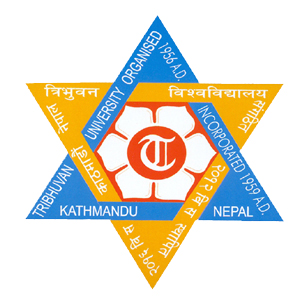Overview
Bachelor of Computer Engineering at Pokhara Engineering College, Pokhara (affiliated with Pokhara University)
The Bachelor of Computer Engineering (BE Computer) program at Pokhara Engineering College is a four-year undergraduate program that provides students with a strong foundation in computer science, engineering, and technology. The program aims to develop graduates who are proficient in designing, implementing, and maintaining computer-based systems, networks, and applications.
Course Outlines:
The program covers a wide range of topics, including computer hardware and software, programming languages, algorithms and data structures, database systems, computer networks, operating systems, software engineering, artificial intelligence, and more.
Duration:
The BE Computer program at Pokhara Engineering College is a four-year undergraduate program, divided into eight semesters.
Objectives:
The primary objective of the program is to provide students with a comprehensive education in computer engineering that prepares them for successful careers in the field. Specifically, the program aims to:
- Develop students' analytical, design, and problem-solving skills.
- Train students in software and hardware development.
- Provide students with an understanding of computer networks, databases, and operating systems.
- Help students to develop strong communication, teamwork, and leadership skills.
Eligibility:
Students who have completed their +2 or equivalent education with a minimum of 50% marks in physics, chemistry, and mathematics are eligible to apply for the BE Computer program at Pokhara Engineering College.
Learning Outcomes:
Upon completion of the BE Computer program at Pokhara Engineering College, students will be able to:
- Design, implement, and maintain computer-based systems and networks.
- Develop software applications using different programming languages.
- Apply software engineering principles to design and develop high-quality software products.
- Apply artificial intelligence and machine learning techniques to solve real-world problems.
- Analyze, design, and implement database systems.
- Understand the fundamental concepts of computer networks and operating systems.
Scope:
Graduates of the BE Computer program at Pokhara Engineering College can pursue a wide range of careers in the field of computer engineering. Some of the career options include:
- Software Engineer
- Systems Analyst
- Database Administrator
- Network Engineer
- Web Developer
- Mobile Application Developer
- Game Developer
- Artificial Intelligence Specialist
- Cybersecurity Analyst
Career Prospects:
The demand for computer engineering professionals is growing rapidly, and the job market for graduates of the BE Computer program is expected to remain strong in the coming years. Graduates can expect to earn competitive salaries and have opportunities for professional growth and advancement.
Why Choose this Course:
The BE Computer program at Pokhara Engineering College is an excellent choice for students who are interested in computer science, engineering, and technology. The program provides students with a comprehensive education in the field and prepares them for successful careers in a rapidly growing industry.
Scholarship:
Pokhara Engineering College offers scholarships to deserving students based on academic performance, financial need, and other criteria. Interested students can contact the college for more information about scholarship opportunities.
Contact Pokhara Engineering College's administrative office for detailed information on the BE Computer course, including fees, scholarships, facilities, counseling, eligibility criteria, etc.














